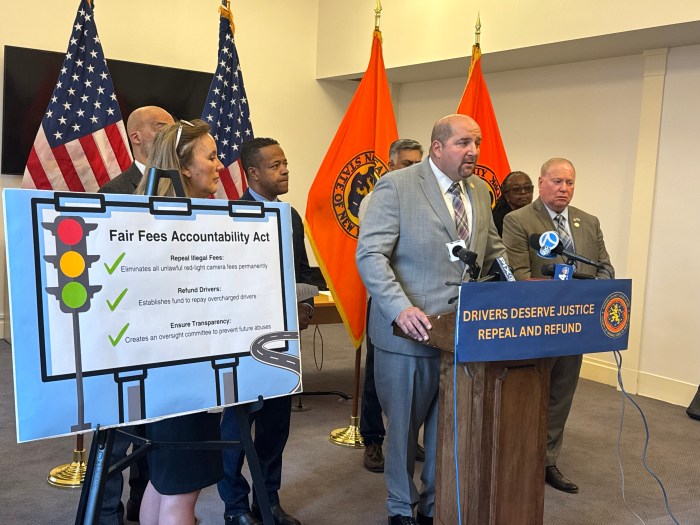This election has taught me many lessons—some good, some bad—but one of the most practical reminders served up by the never-ending electoral spectacle is  that everything you say can and will be used against you.
that everything you say can and will be used against you.
The presidential candidates have repeatedly come under public scrutiny for things they’ve said, both on the campaign trail (calling Trump-supporters deplorables) and in the past (a la the “locker room talk” incident). And they’re not the only ones. A new Saturday Night Live cast member came under fire last month for deleting what many called racist tweets and a PR chief made headlines last year after a tasteless joke about contracting AIDS while on vacation in Africa.
It doesn’t matter if you’re in the public eye or a private citizen, there is always the possibility that you will become a trending topic because of something you said, especially if it’s easily sharable on social media. While I am glad that we live in a country where we’re free to say what we want, how we want, to whom we want, there is a great responsibility that accompanies that privilege.
Words are extremely powerful; it’s an elementary principle, but it bears repeating in a world where in less than 140-characters, people can ruin their lives. And, at the same time, words can inspire and cause powerful change—they’ve brought light to injustice, encouraged the weary and diffused conflicts.
Words can unite countries just as quickly as they can divide families; they can save lives as well as destroy dreams. Something with that much power shouldn’t be taken lightly. Whether spoken or written, once words are released, trying to get them back is an effort in futility. So, let’s make sure we make them count, lest they eventually come back to haunt us.




























